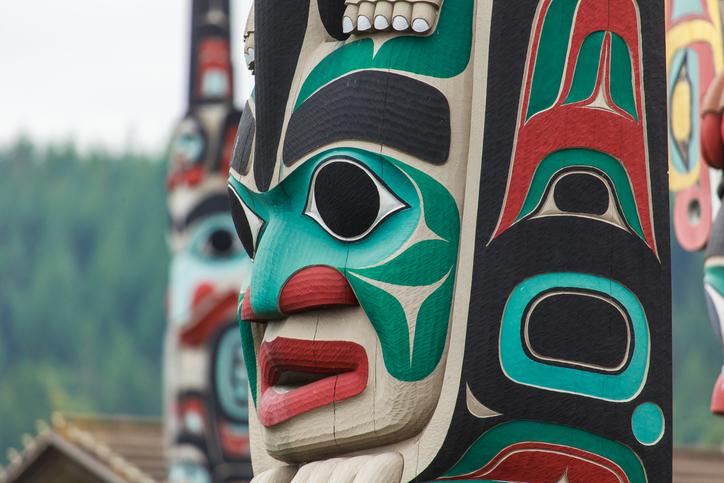
The Alaska Native Language Preservation and Advisory Council is calling for “an Alaska committed to increasing the number of Alaska Native language speakers and promoting common use of the languages.”
Instead of its regular biannual reports, the group has issued a call to action (https://drive.google.com/file/d/16r-eMsxbvAw0Be2-ali75c9uyZHT6pcb/view?usp=sharing), entitled Ayaruq, the Yup’ik word for walking stick, to reflect that it is a guide on the path forward. It asks Alaskans and lawmakers to affirm the right to Indigenous education, acknowledge oppression and intergenerational trauma, commit to language equity, and normalize the use of Alaska Native languages.
Council members made specific policy suggestions, including that one semester of an Alaska Native language be a prerequisite for high school graduation in the state, but none of them have yet materialized in proposals from lawmakers.
“If we want something other than language death, which I think is guaranteed for probably 20 of the 23 languages—just guaranteed—but if we want something different, then we have to have systemic change,” Professor X̱’unei Lance Twitchell told Alaska Public Media.
A decade has passed since the last legislation to support Alaska Native languages became law. In 2014, the state updated a 1998 law that recognized Alaska Native languages as official state languages.
Only one piece of current legislation addresses Alaska Native languages. House Bill 26 would expand and rename the Alaska Native Language Preservation and Advisory Council, as well as add three previously unrecognized Alaska Native languages to the list of official state languages. The House approved the bill in 2023, but the Senate has yet to schedule it for a floor hearing.
Members of the council have cautioned for years that swift state action is needed to support language pedagogy and use, since many first-language speakers have died.
But as the Alaska Native language community loses its older generation, Twitchell says he sees an exponential increase in the number of young people interested in learning. By his count, there are about 100 active Tlingít learners who ask questions and use the language.






